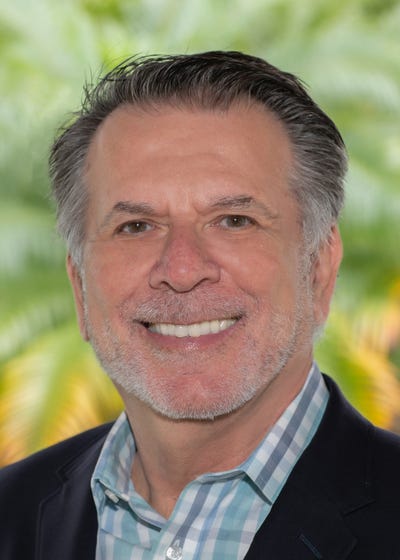The Curse of Knowledge: How it Hurts and Limits the 401(k) IndustryThe Curse of Knowledge: How it Hurts and Limits the 401(k) Industry
Using archane language without defining it is demeaning and will alienate clients and prospects, not impress them.

CITs. ERISA. 408(b)(2). 404(a)(5). 404(c). Participant. PLESA. ESG. HSA. Fiduciary. Financial wellness. Revenue sharing. 12(b)1 fees. DC plans. IPS. TPA.
These are just a few of the common acronyms and code sections that resonate with defined contribution professionals but are meaningless to most plan sponsors, many of whom get their job when someone walked into their office and says, “Good luck. You’re now in charge of our 401(k) plan.”
Using acronyms and code sections are symptoms of the problem known as the curse of knowledge, which means we do not know what it’s like not to know. According to Wikipedia:
The curse of knowledge is a cognitive bias that occurs when an individual, who is communicating with others, assumes that others have information that is only available to themselves, assuming they all share a background and understanding.
ERISA is complicated which, like God in the Old Testament, has lots of rules and is very unforgiving. Using industry language without defining it is demeaning and will alienate clients and prospects, not impress them.
At TPSU, I start the program with a few definitions and ask plan sponsors to flag anyone who uses a code section or industry acronym without defining it resulting in a $5 fine. I sarcastically claim that it’s our biggest revenue source but everyone gets the point. I implore them not to be embarrassed to ask any question.
Plan sponsors are not stupid—almost all of them juggle many responsibilities and have very little formal training—assuming they understand industry jargon is just wrong. I advise them to use their common sense and, if someone is not explaining things in plain language, find someone else. I also advise that if something does not sound right like “the plan is free” or “you can outsource all your fiduciary responsibility,.” they should follow their instincts.
The best way to communicate, other than not assuming people understand what we know and by being articulate, is to use examples or personal stories putting ourselves in the other person’s shoes speaking their language.
For example, when explaining the roles of the various vendors, which most plan sponsors still do not understand, I use a healthcare analogy. Plan sponsors are in charge of the health of their family or participants, The advisor is the doctor, the record keeper is the hospital, and the asset managers are the pharmaceutical companies. The most important decision they will make is choosing the right advisor who will help select and monitor other vendors.
Investment policy statements are like recipes for making a cake. After determining what the family likes to eat and selecting a tried-and-true recipe with the help of an expert (advisor), they select the best ingredients or investments which need to be kept fresh.
We have even a bigger problem with participants, especially younger ones who do not relate to the “R” word. Rather than retirement, better to use financial freedom.
After the first 20 TPSU plan sponsor training programs that started in 2013, I thought I would get bored going forward as the same issues would come up, which is true. But what I learned and keep learning after almost 500 programs is what their lives are like and what they must deal with every day, which can include getting enough resources from senior management and helping people who have close to no financial literacy that struggle keeping up with monthly expenses.
Plan sponsors are waking up going from unconsciously incompetent to consciously incompetent on the road to consciously competent. Retirement plans have gone from tactical benefits like healthcare where cost is the primary issue to a strategic benefit where quality is more important because of the war for talent. We are in an unprecedent period of job growth in the midst of a 33-month streak with unemployment at record low levels while more and more people leave the workforce to join the gig economy. Benefits, especially retirement plans, are a key weapon in this war and the ones that have better plans will win more battles.
Advisors play a key role in honing retirement plan features to produce better outcomes while limiting costs, work and liability as well as integrating them with wealth or participant services and other benefits. Plan sponsors lack of knowledge and experience is an advantage but only to advisors that do not fall into the trap of the curse of knowledge using arcane language.
Fred Barstein is founder and CEO of TRAU, TPSU and 401kTV.
About the Author
You May Also Like







